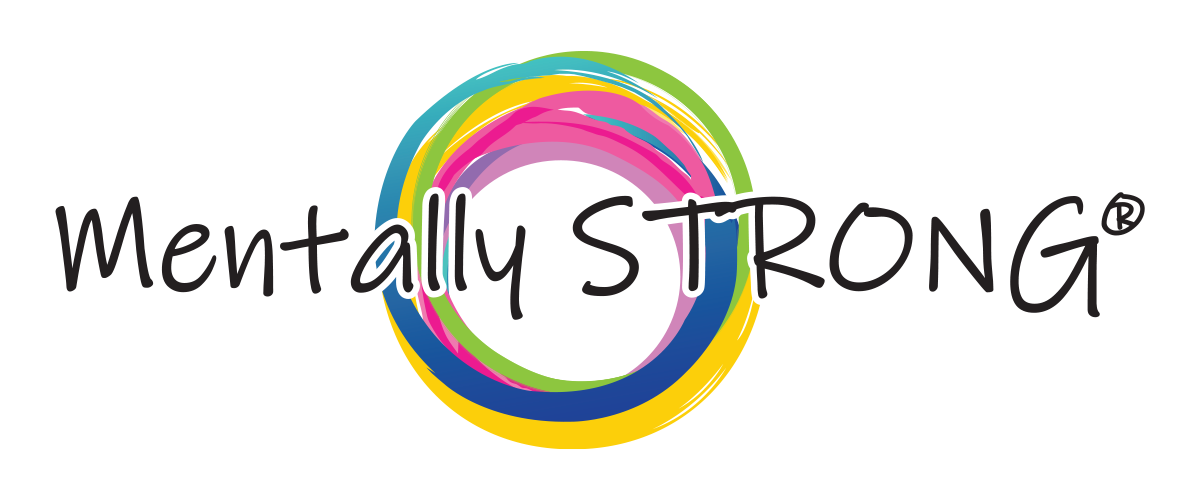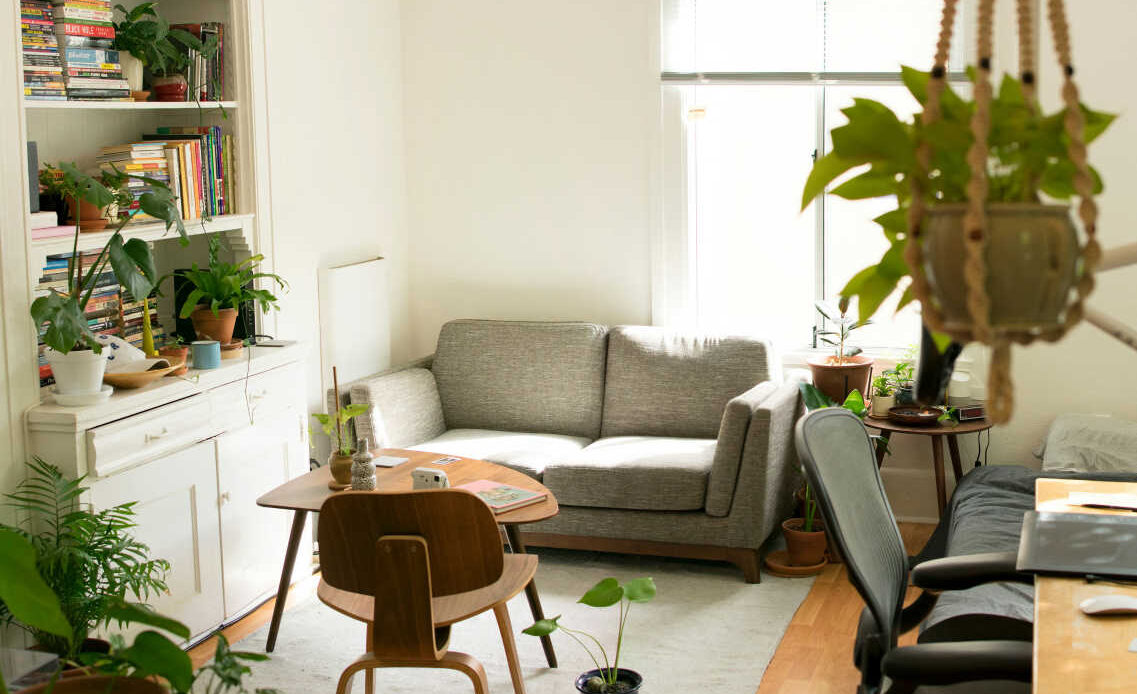Let’s be honest: therapy has been trending for a while now, but that doesn’t mean it’s the right move for you. Maybe you’re tired of advice that feels like a catchy slogan, or maybe you’ve tried therapy before and felt like it missed the mark. So here’s the real question:
Is therapy worth it… or not?
The reason you’re wondering if therapy is worth it or not
The last thing I want to be today is dismissive. I understand how hard it is to recognize that you need help, and even harder to take the first step. Chances are, you’ve already tried to take that first step before. You might have tried to overthink your way into fixing what’s wrong, you might have tried journaling, or following twenty different mental health influencers who keep giving you the same affirmations, and maybe none of those things stuck.
Perhaps you took it a step further and tried sessions with therapists, only to come out of them feeling even more confused and misunderstood than before.
I understand your reservations with therapy, and I want to help you make the right decision. Let’s walk through these ten questions to help you figure out if therapy could actually land as something helpful—and not just another thing to add to your mental load.
1. What am I looking to get out of therapy right now?
Before you even find a therapist, get clear on why you’re considering it.

- Trying to heal past wounds?
- Overwhelmed?
- Depressed or anxious?
- Maybe just want someone who gets it?
When you start the process with clear expectations, it becomes much easier to understand when it’s working and when it’s not.
2. Am I hoping for a quick fix—or do I understand this takes time?
Therapy is like a slow-cooked stew that demands time for the ingredients to break down and blend and actually work and taste nice. If you’re expecting therapy to be like a five minute mug cake that you can slap into the oven… it might not work for you.
3. Am I willing to show up honestly—even the ugly, messy parts?
Therapy works best when you’re real, and that means being okay with saying the scary stuff—even if it’s hard. Because those cracks? That’s where real healing happens. If you’re not willing to be messy, therapy will feel like a bunch of wasted words.
4. Do I have the patience to try a couple of therapists—or will I bail if it’s not a match?
Therapists aren’t one size fits all, and chances are that you’ll need to try a couple before you find one who gets you.
So, are you okay shopping around until you find someone who listens in the way you need? If you’re not willing to try more than one person, you might miss the one who actually clicks.

5. Am I hoping for my therapist to fix things for me?
This is where a lot of people get tripped up. Therapy isn’t someone fixing your life—it’s someone sitting beside you while you figure out how to build something better. If you’re waiting for a therapist to swoop in like an emotional janitor, you’ll likely feel disappointed. But if you’re willing to do the digging (with support)? That’s where the shift starts.
6. What kind of support has (or hasn’t) worked for me in the past?
Think back: when you’ve struggled before, what’s actually helped?
- A listening ear?
- Gentle nudges?
- Tough love?
This helps you spot the kind of therapist you might vibe with. It also tells you whether you’re craving structure, softness, or maybe someone who swears like your favorite aunt but still gets results.
7. What does committing to therapy look like for me?
No, I don’t mean years on a leather couch. It might look like six sessions to get unstuck. Or once a month as a mental tune-up.
Are you ready to make time for this, even if your calendar’s bursting? Therapy only works when you’re consistently in the room—emotionally and literally.

8. Am I looking for someone to validate everything—or am I okay with being challenged?
You know that one friend who only tells you that 20 minute story about the fight they had with their sister so you can nod along and agree that yes, they are the real victim because their sister shouldn’t really have worn their shirt without even asking even though apparently the sister did ask but they– you get it.
If you walk into therapy with that same expectation of being coddled, then it might not work.
It works when you’re open to gentle confrontation (from someone who actually wants the best for you), and the discomfort that comes with being challenged.
9. What kind of support am I looking for right now?
There’s a big difference between “I want to learn how to set boundaries” and “I think I’m deeply burned out and about to break.” What you need today might not be what you needed six months ago. That’s okay. Knowing what support looks like right now helps you find the right therapist and the right tools for this season.
10. Can I give myself permission to make mistakes and grow at my own pace?
Therapy will not be perfect. You’ll say too little, and then too much. You’ll avoid hard stuff and then blurt it out in week seven.
And if you’re willing to show up imperfectly? You’re more ready for therapy than you think.
We have a place for you to start your healing journey
If you’re thinking, “Okay… maybe I’m ready to give this a shot,” we’ve got you. At the Mentally STRONG Clinic, we have a team of brilliant therapists who are capable of meeting you exactly where you are. If you’re ready to take one small, brave step toward yourself, this is a gentle invitation to schedule an appointment today.

